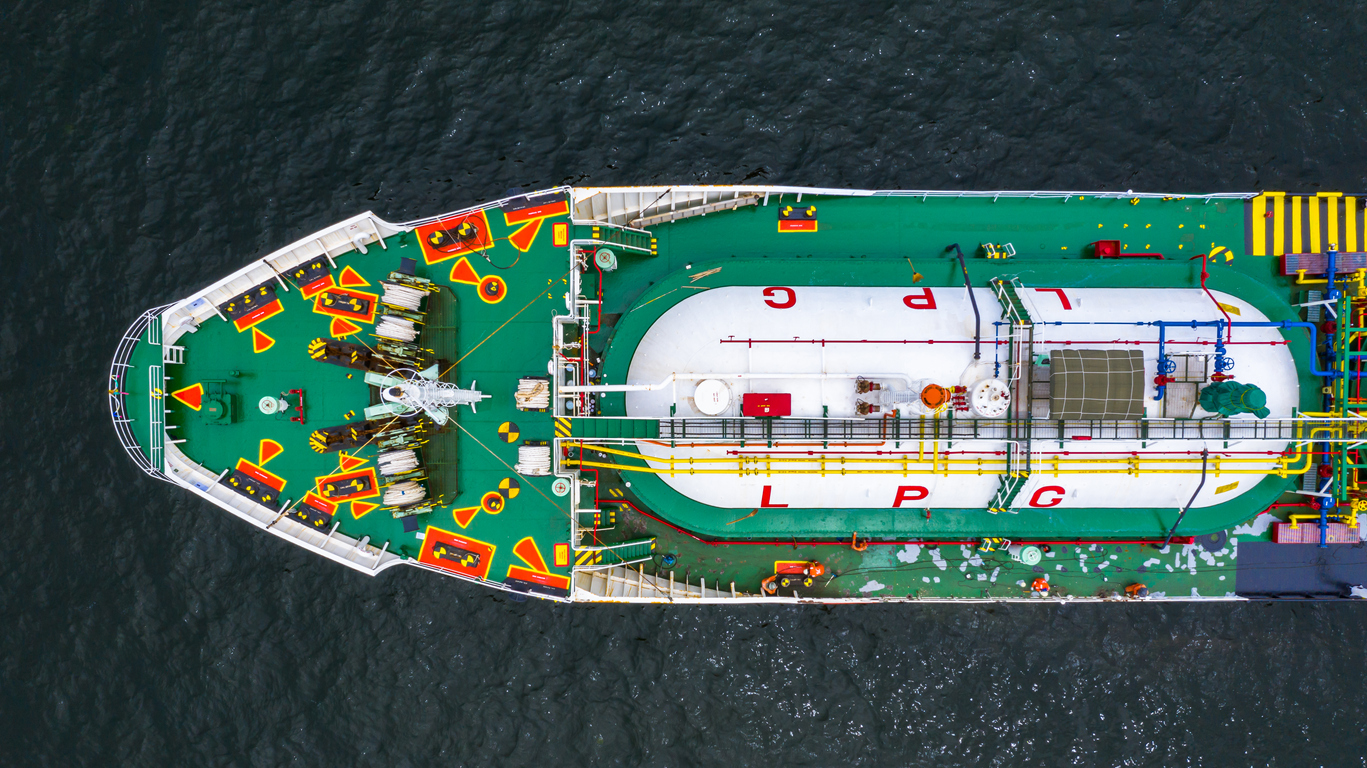Oil Shipping in Nigeria: Key Insights into the Industry Driving Africa’s Largest Economy
Oil shipping is a cornerstone of Nigeria’s economy, accounting for a significant portion of its export revenue. As Africa’s largest crude oil producer, Nigeria relies heavily on efficient shipping infrastructure and logistics to transport oil to global markets. With its strategic location along the Gulf of Guinea, the country plays a pivotal role in the global oil supply chain.
This article explores the oil shipping industry in Nigeria, its infrastructure, challenges, opportunities, and how Wigmore Trading supports businesses in this vital sector.
The Importance of Oil Shipping in Nigeria
1. Economic Backbone
Oil exports account for over 90% of Nigeria’s foreign exchange earnings and a substantial portion of its GDP. Efficient shipping ensures that crude oil reaches international markets without delays, securing critical revenue for the country.
2. Strategic Location
Nigeria’s coastline along the Gulf of Guinea positions it as a key player in the global oil trade. Major shipping routes connect Nigerian oil to destinations in Europe, Asia, and the Americas.
3. Contribution to Global Supply
Nigeria produces approximately 1.5 million barrels of oil per day (2023 estimate), making it one of the largest oil exporters in the Organization of Petroleum Exporting Countries (OPEC).
Key Infrastructure for Oil Shipping in Nigeria
1. Export Terminals
Nigeria has numerous oil export terminals, including:
- Bonny Terminal: One of the largest terminals, operated by Shell, handling exports of Bonny Light crude oil.
- Qua Iboe Terminal: Operated by ExxonMobil, this terminal exports Qua Iboe crude oil, known for its high quality.
- Escravos Terminal: Operated by Chevron, exporting crude from Nigeria’s Niger Delta region.
2. Ports and Tanker Operations
Oil shipping relies heavily on specialized ports and large crude carriers (VLCCs and ULCCs) for transporting oil efficiently. Nigeria’s main oil ports are equipped to handle significant volumes of crude.
3. Offshore Platforms
Offshore oil fields contribute a substantial portion of Nigeria’s production, requiring FPSOs (Floating Production, Storage, and Offloading units) and shuttle tankers for transportation to export terminals.
Challenges Facing Oil Shipping in Nigeria
1. Piracy and Security Risks
The Gulf of Guinea remains a hotspot for piracy, posing threats to oil tankers and shipping operations. Efforts to combat maritime crime are ongoing, involving local and international collaborations.
2. Infrastructure Deficits
Aging export facilities, limited maintenance, and inadequate port infrastructure can lead to inefficiencies in oil shipping.
3. Regulatory and Bureaucratic Hurdles
Complex trade regulations and bureaucratic processes can delay oil shipments, impacting Nigeria’s export timelines and revenue.
4. Environmental Concerns
Oil spills and environmental degradation associated with shipping operations have raised concerns, prompting calls for stricter safety and environmental standards.
Opportunities in Nigeria’s Oil Shipping Industry
1. Expansion of Offshore Oil Production
With advancements in offshore drilling technology, Nigeria has the potential to increase production and exports, requiring more robust shipping operations.
2. Investment in Infrastructure
Modernizing export terminals, ports, and transportation networks can significantly improve efficiency and reduce shipping costs.
3. Regional Collaboration
Collaborating with neighboring countries to enhance maritime security and streamline regional shipping operations could boost Nigeria’s competitiveness in the oil market.
4. Diversification of Export Markets
Expanding oil trade to emerging markets in Asia and Africa presents new opportunities for growth.
How Wigmore Trading Supports Oil Shipping in Nigeria
Wigmore Trading offers tailored logistics and trade solutions for businesses involved in oil shipping in Nigeria. Our services include:
1. Freight Forwarding Expertise
We provide end-to-end logistics support, ensuring smooth transportation of oil-related equipment and materials.
2. Compliance and Documentation
Our team ensures adherence to Nigeria’s regulatory requirements, minimizing delays and risks associated with oil shipping.
3. Maritime Security Solutions
We collaborate with security partners to provide risk management solutions for shipping operations in the Gulf of Guinea.
4. Infrastructure and Supply Chain Support
From sourcing oilfield equipment to coordinating with ports and terminals, Wigmore Trading supports efficient oil shipping operations.
Conclusion
Oil shipping is a vital aspect of Nigeria’s economy, enabling the country to maintain its position as a leading global oil exporter. While the industry faces challenges such as piracy and infrastructure deficits, opportunities for growth through technological advancements and investment are immense.
For businesses navigating the complexities of oil shipping in Nigeria, Wigmore Trading offers reliable logistics and trade solutions to streamline operations and ensure success. Contact us today to learn how we can support your shipping needs.








Comments are closed.